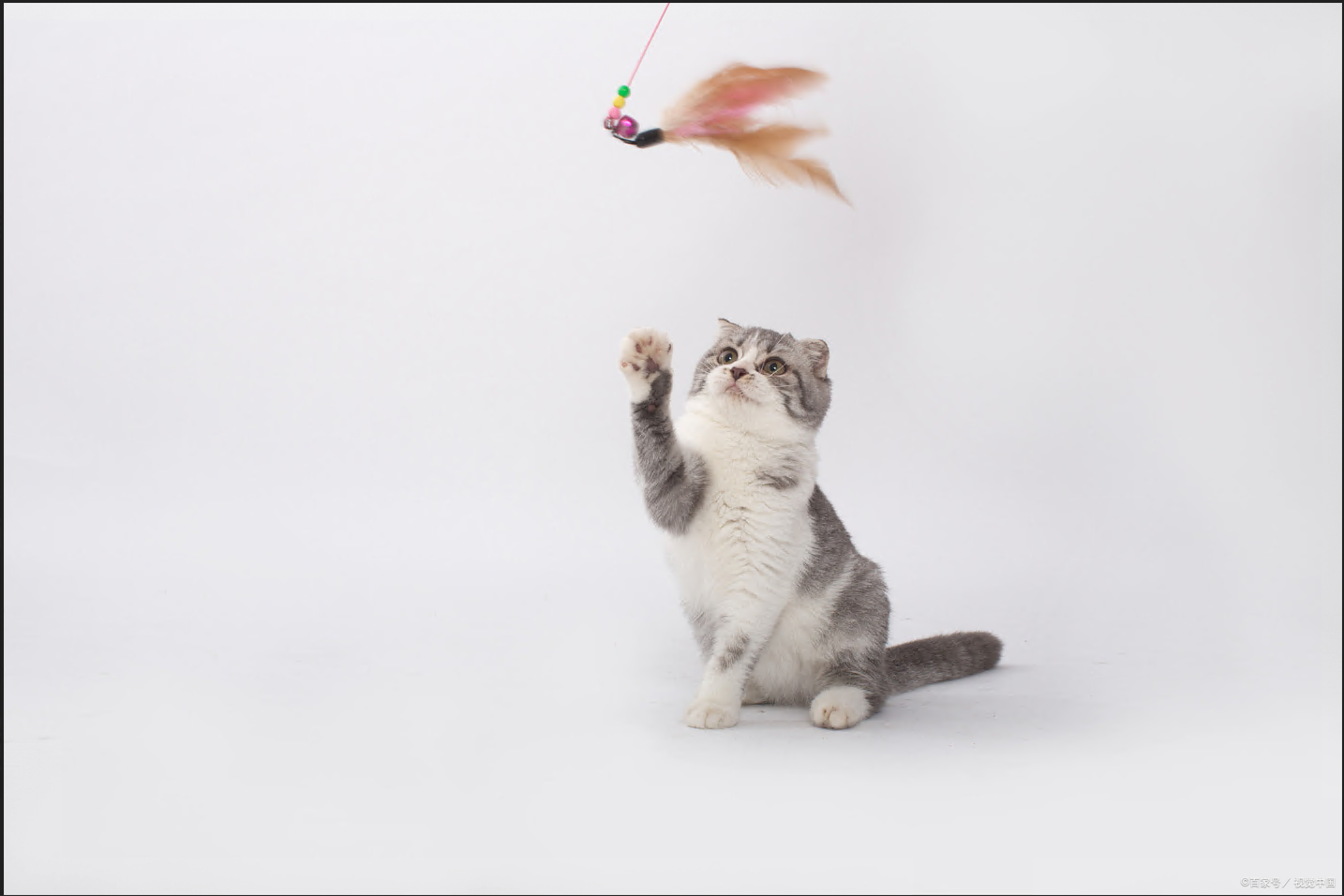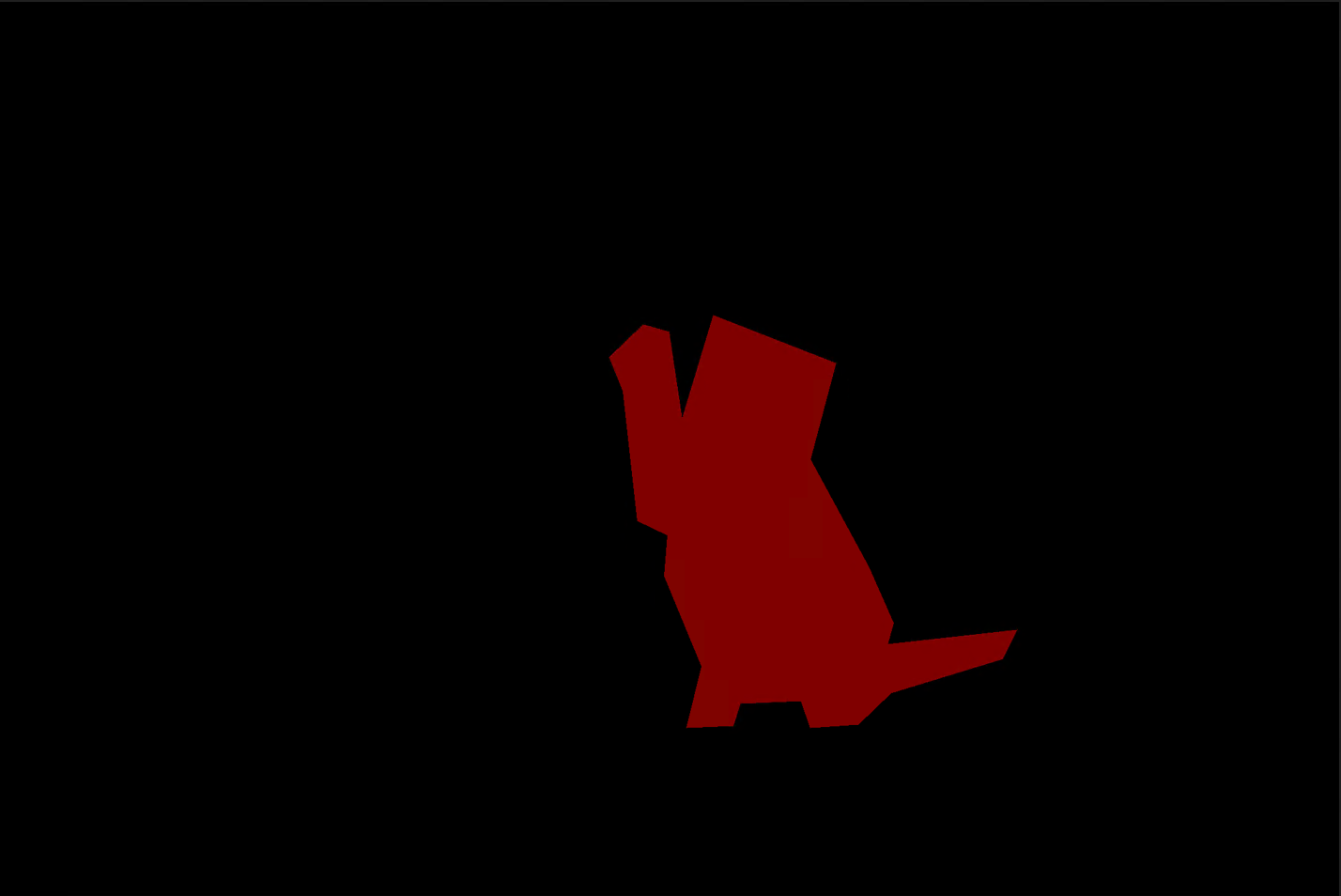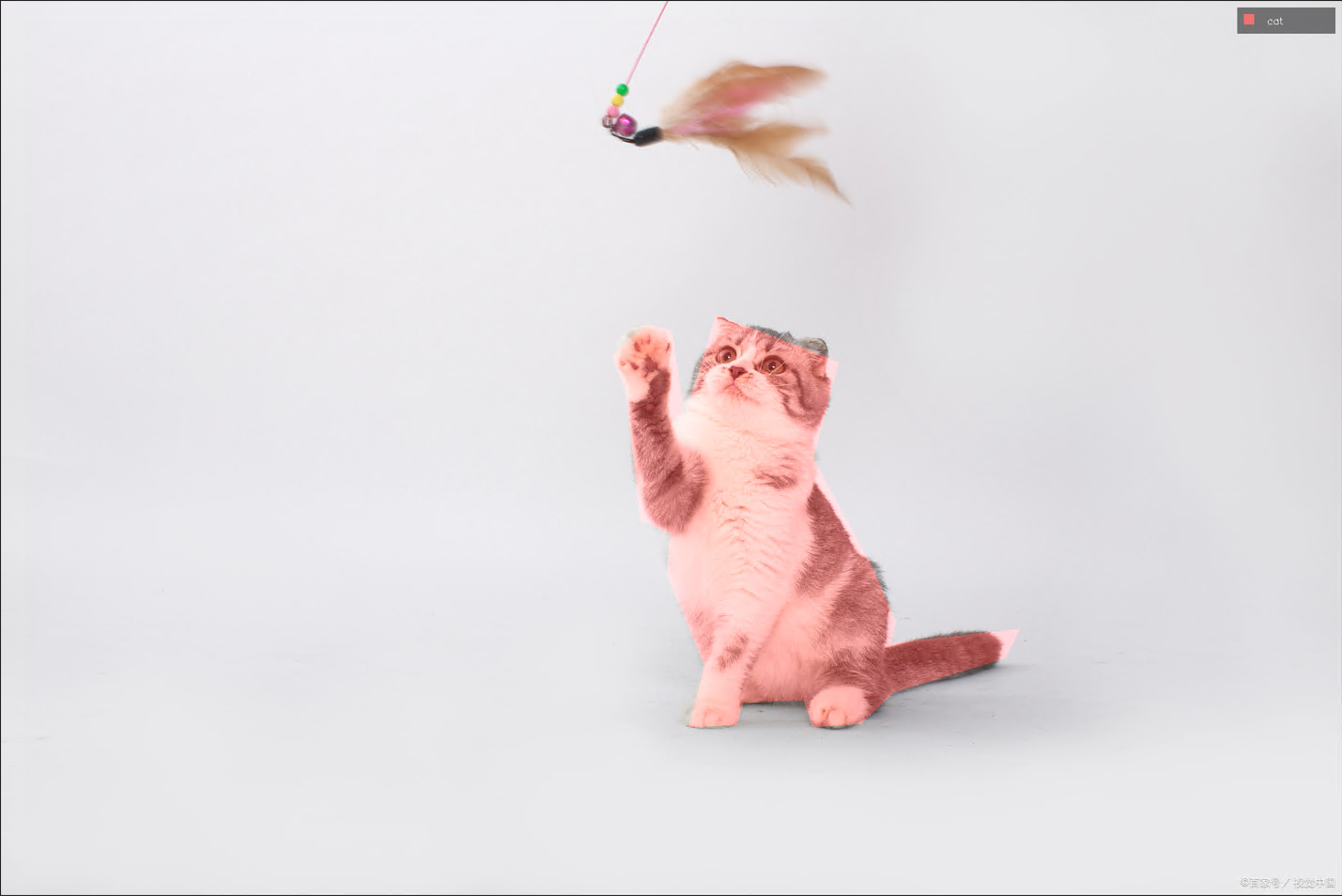将labelme生成的label和img合并展示
img:

label:

合并达到的效果:

实现代码:
点击查看代码
import cv2
import numpy as np
from PIL import Image
def add_legend(image, colors, labels, alpha=1):
"""
在图像的右上角添加图例,使用固定的尺寸。
:param image: 输入的BGR图像。
:param colors: 颜色字典,键是类值,值是颜色元组(B, G, R)。
:param labels: 标签字典,键是类值,值是标签文本。
:param alpha: 叠加透明度。
:return: 带图例的图像。
"""
# 图像尺寸
height, width = image.shape[:2]
# 固定图例尺寸和参数
legend_height = 20
legend_width = 150
legend_padding = 10
color_box_size = 15
text_offset = 20
text_font_scale = 0.5
text_thickness = 1
line_height = 20 # 每一行的高度
# 创建图例的背景
legend = np.zeros((legend_height * len(labels) + legend_padding * 2, legend_width, 3), dtype=np.uint8)
for idx, (key, color) in enumerate(colors.items()):
# 设置图例的颜色框
top_left = (legend_padding, idx * line_height + legend_padding)
bottom_right = (legend_padding + color_box_size, idx * line_height + legend_padding + color_box_size)
cv2.rectangle(legend, top_left, bottom_right, color[::1], -1) # 颜色需要从 BGR 转换为 RGB
# 添加标签文本
text_position = (legend_padding + color_box_size + text_offset, top_left[1] + color_box_size)
cv2.putText(legend, labels[key], text_position, cv2.FONT_HERSHEY_SIMPLEX, text_font_scale, (255, 255, 255),
text_thickness)
# 计算图例位置
legend_x = width - legend_width - legend_padding
legend_y = legend_padding
# 将图例叠加到原图像右上角
overlay = image.copy()
overlay[legend_y:legend_y + legend.shape[0], legend_x:legend_x + legend.shape[1]] = legend
# 透明混合
result = cv2.addWeighted(overlay, alpha, image, 1 - alpha, 0)
return result
def save_img_label(image_path,mask_path,save_path):
# image_path=r'.\data_insar\path_all\data\0.png'#三通道彩色图
# mask_path=r'.\data_insar\path_all\annotations\0.png' #对应的单通道灰度图标签掩码
#读取原图
image=cv2.imread(image_path)
mask=Image.open(mask_path)
mask = np.array(mask)
# 创建一个空白的彩色叠加图 (与原图相同大小,但包含透明度通道)
overlay = np.zeros((image.shape[0], image.shape[1], 3), dtype=np.uint8)
colors = {
1: (0, 0, 255), # 类1 - 红色
}
colors_lengend = {
1: (0, 0, 255), # 类1 - 红色
}
labels = {
1: 'cat',
}
# 遍历掩码中的每个类别,为每个类别设置颜色
for value, color in colors.items():
overlay[mask == value] = color
combined = cv2.addWeighted(overlay, 0.3, image, 1, 0)
# 添加图例到右上角
result_with_legend = add_legend(combined, colors_lengend, labels, alpha=0.5)
#保存结果
cv2.imwrite(os.path.join(save_path,'cat_label.png'), result_with_legend)
in_img_path = r".\data\cat.png"
in_json_path = r".\annotations\cat_json\label.png"
save_path = r".\test"
save_img_label(in_img_path,in_json_path,save_path)
其中很大部分都是参考https://www.cnblogs.com/wancy/p/18212547,详细请参考该博主



 浙公网安备 33010602011771号
浙公网安备 33010602011771号